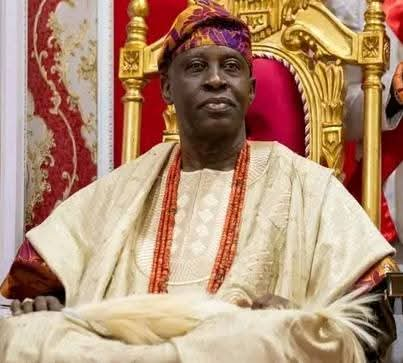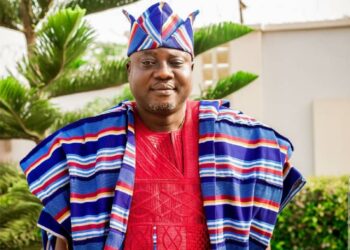In a landmark move aimed at deepening grassroots engagement and fostering inclusive development, the Soun of Ogbomosoland, His Imperial Majesty, Oba Ghandi Afolabi Olaoye, Orumogege III, will commence a series of town hall meetings across the five local government areas of Ogbomoso zone, starting Thursday, June 12, 2025.
The town hall engagements are part of the monarch’s ongoing effort to involve citizens at all levels in his ambitious Greater Ogbomoso Development Agenda, a comprehensive 25-year vision designed to transform the socioeconomic landscape of the region. The meetings will provide a platform for robust dialogue, inclusive feedback, and community-driven solutions.

“The vision of a Greater Ogbomoso is one that is close to my heart,” said Oba Ghandi Olaoye. “Development is a collective endeavor. We must harness ideas and contributions from every corner of our land – from our elite to artisans, traders, youth, and non-indigenes – to build a future we can all be proud of.”
While the Kabiyesi has consistently engaged with stakeholders and the elite through various formal channels, this series of town hall meetings represents a deliberate move to connect directly with the people at the grassroots level. The goal is to tap into their unique insights, concerns, and aspirations while building a sense of shared responsibility and unity across the zone.
The first of the town hall series will take place as follows: Date: Thursday, June 12, 2025. Venue: Lagbami Osekun Civic Centre, Ogbomoso South Local Government Secretariat
Time: 10:00 AM
The second session is scheduled for: Date: Wednesday, June 18, 2025. Venue: Anglican Grammar School Hall, Ogbomoso North
Time: 3:00 PM
Details for subsequent town halls in Oriire, Ogo Oluwa, and Surulere local government areas will be announced in due course.
All sons and daughters of Ogbomosoland, as well as non-indigenes who have made the land their home, are warmly invited to attend and participate. This is a critical opportunity to interface with a monarch who has demonstrated forward-thinking leadership rooted in tradition but guided by the demands of the 21st century.
“If we do not come together to define the path forward for Ogbomoso, it is unlikely that anyone else will,” Kabiyesi emphasized. “Let us work together to build the Ogbomoso of our dreams.”
Signed:
Peter Olaleye
Special Assistant on Media and Community Relations
You can get every of our news as soon as they drop on WhatsApp ...To get all news updates, Join our WhatsApp Group (Click Here)












